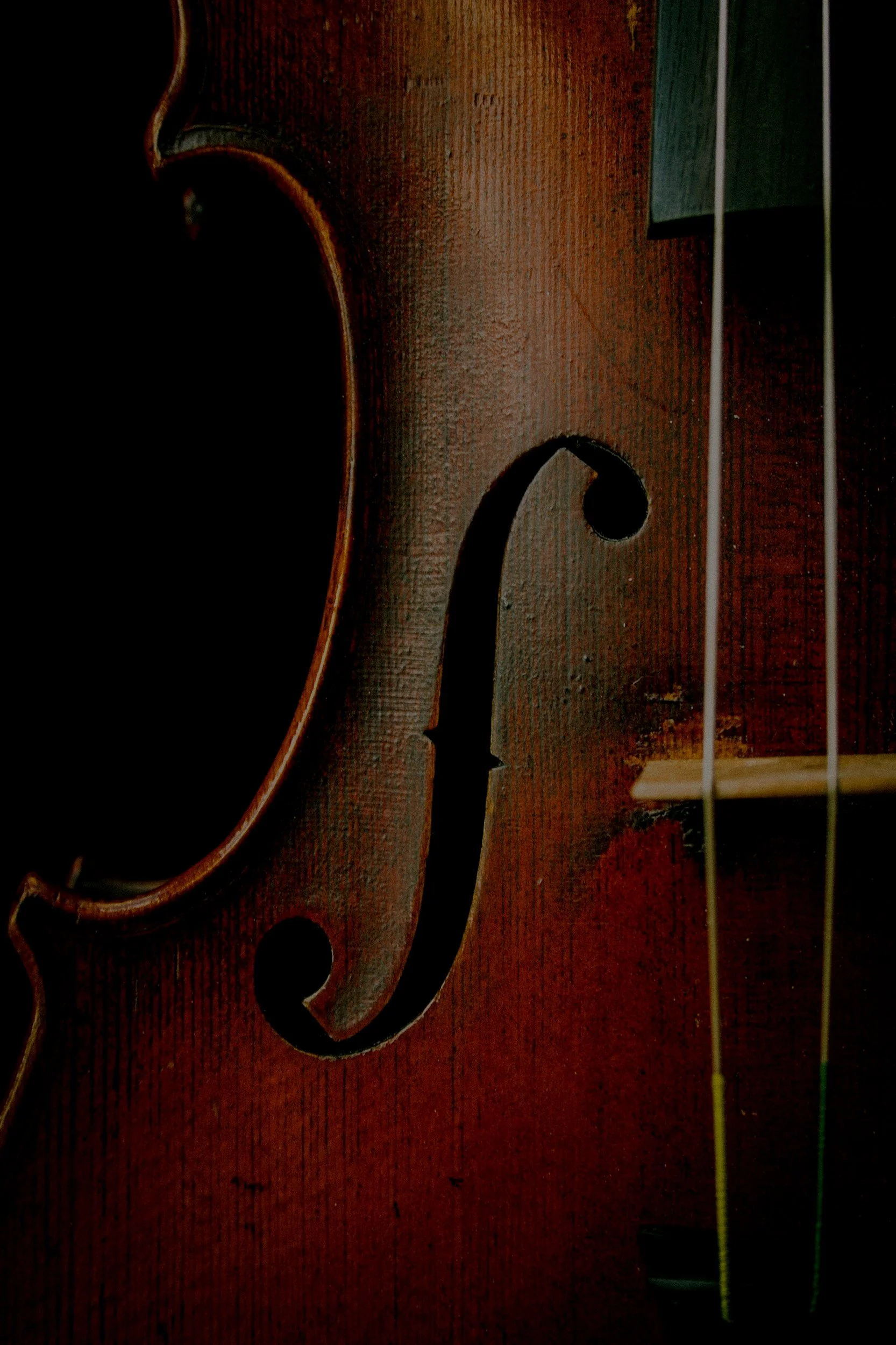Get it in your head! Get it in your hands! Get it in your ear!
Are you looking to take your improvising skills to the next level? These classes are aimed at building the essential skills needed accomplish that goal by giving you a comprehensive understanding of jazz theory, building the muscle memory needed to easily put that theory to use in your improvised solos, and ultimately teaching your ear to hear advanced harmony so that you can play by ear without having to constantly think about the theory that you’ve learned.
Classes are available at multiple levels, for everyone from jazz newcomers to experienced musicians looking to hone and broaden their expertise. And, importantly, players who take these classes walk away with great strategies for how to practice effectively — skills that can be used throughout a lifetime of musical pursuits.
Weekly 90 minute sessions are held online using Jamulus (a computer application that enables musicians to play with each other in real time). There are usually 7-8 musicians of varying instruments in each class. These small groups combine some of the best aspects of private lessons — individual attention and feedback — with the best aspects of working in a small, familiar and supportive group. Classes using Jamulus feel very connected and intimate — not at all like Zoom calls!
Each 90 minute session is divided between 1) playing general skills-building exercises as a group, 2) discussing and practicing skills related to a particular aspect of jazz theory/harmony, and 3) applying those skills to improvising melodies on a jazz tune.
Each session is recorded, and the recordings are available to students for review and practice throughout the duration of the course.
Classes are open to students of all ages, all skill levels, and all melodically based instruments. The topics range from beginning to advanced jazz improvisation and include:
-using the circle of 5ths
-intervals, triads, seventh chords, chord symbols
-guide tone lines
-modes of the major scale, harmonic + melodic minor scales, blues scales
-harmonic analysis, 2-5-1s, blues progression
-Rhythm changes
-Bebop vocabulary
-chromatic decorations (bebop scales, surrounds)
-minor 2-5-1s, phrygian dominant scales
-pentatonic scales
-triad pairs
-diminished scales
-melodic minor modes: altered, lydian dominant, etc.
-tritone substitution
-Coltrane cycle progressions
Classes meet once a week, and the fee for each 90 minute session is $50 (flexible pricing options are available). Students are billed at the beginning of each month, and the monthly subscription provides students with access to the classes as well as recordings of each class which can be used for review, practice, or if a student misses a class.
Contact John Gove at john.gove@comcast.net to register or if you have any questions.
Jazz Improvisation Skills and Theory
